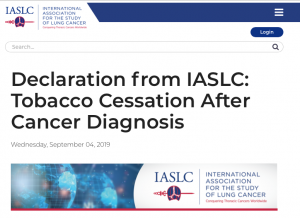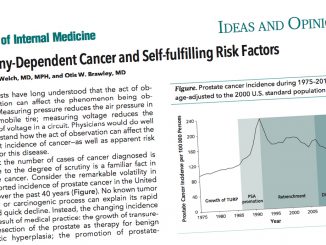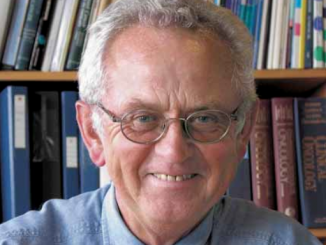The latest developments in the field of lung cancer were discussed last week in Barcelona (Spain) during the 20th edition of the World Conference on Lung Cancer organized by the International Association for the Study of Lung Cancer (IASLC). The focus of clinical studies ranged from screening to treatment of advanced disease.
“Administrations are reluctant to devote money to costly screening programs because the effects are seen many years after the initiation of the program” stated Ramon Rami-Porta, Chief of the Department of Thoracic Surgery at Hospital Universitari Mutua Terrassa, in Barcelona, and co-president of the conference. “Three studies presented during the Presidential Symposium (BioMILD, ILST, ECLS) will change the concept that we have of screening. Population at risk that needs periodical scans can be hyper-selected by using blood tumour markers. In this way, the cost of the program and the use of CT scanner will be decreased”.
“Two surgical trials (VIOLET, NCT01102517) comparing video-assisted thoracoscopic lobectomy (VATL) and thoracotomy will probably change the clinical practice of thoracic surgeons that are still reluctant to learn or to practice VATL” Rami-Porta added. “In this conference there were several studies about immunotherapy in locally advanced disease. From these studies we can learn how to use immunotherapy as induction therapy and maybe in the future we will be able to operate more patients that have unresectable tumours at the time of the diagnosis. The prognostic impact of targeted therapies in patients with metastatic disease is spectacular. With these drugs we do not cure cancer, but we stop the progression of the disease”.
 New promising targeted therapies presented at the conference were AMG510 for KRAS G12C treatment and LOXO -292 for patients with RET-fusion-positive lung cancer.
New promising targeted therapies presented at the conference were AMG510 for KRAS G12C treatment and LOXO -292 for patients with RET-fusion-positive lung cancer.
The WCLC was also the occasion for the release of the “IASLC Tobacco Declaration”. Many lung cancer patients and survivors persist in their smoking habits. Smoking continuation negatively impacts treatments and survival and increases the risk for second primary cancer. The IASLC urges healthcare providers to screen their cancer patients for tobacco use and to consider smoking cessation an essential part of cancer care.
The WCLC, the world’s largest meeting dedicated to lung cancer and other thoracic malignancies, this year attracted more than 7,500 researchers, physicians and specialists from 116 countries. Next year’s edition will be held in Singapore.






Leave a Reply